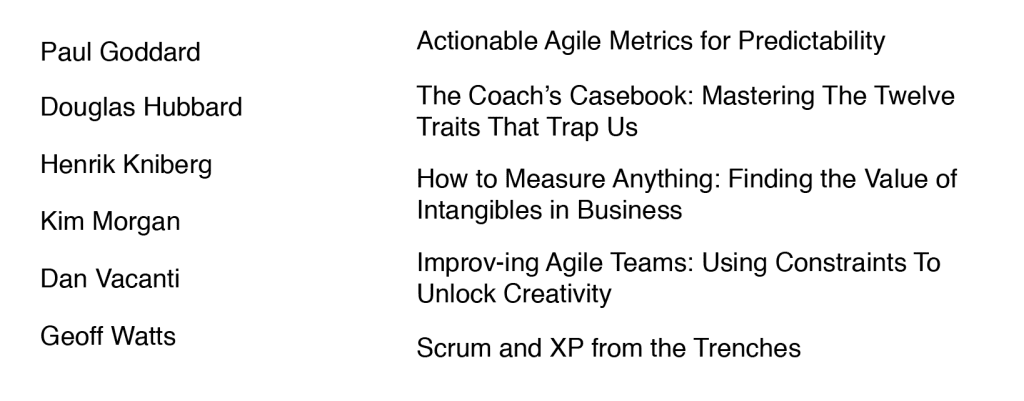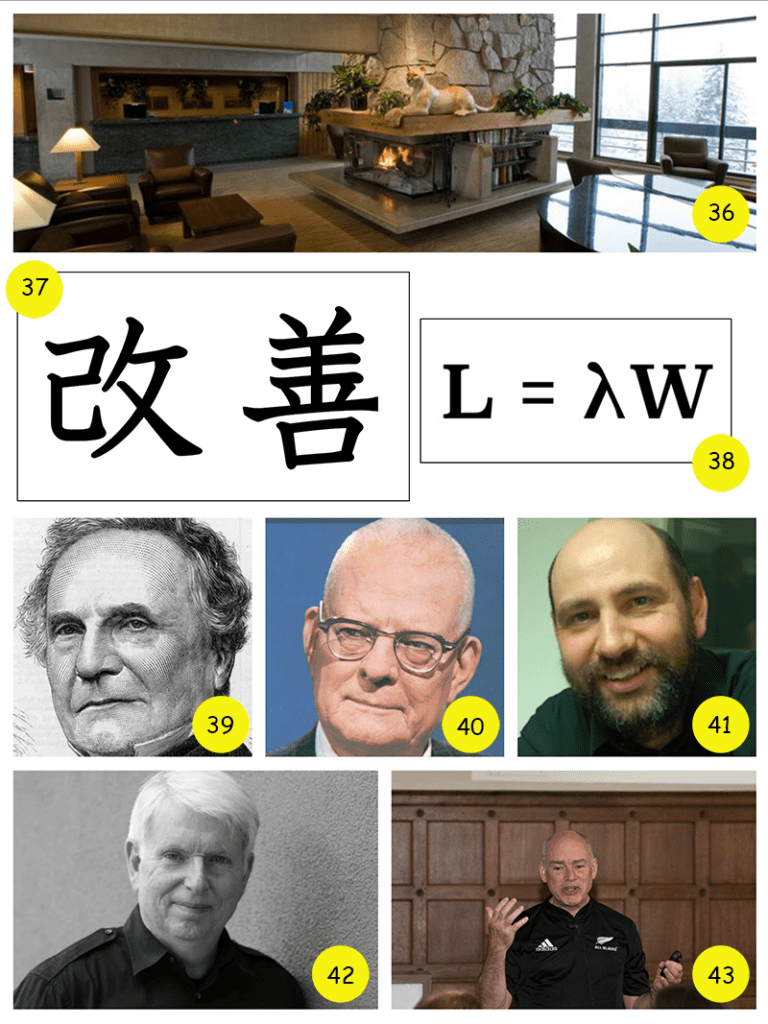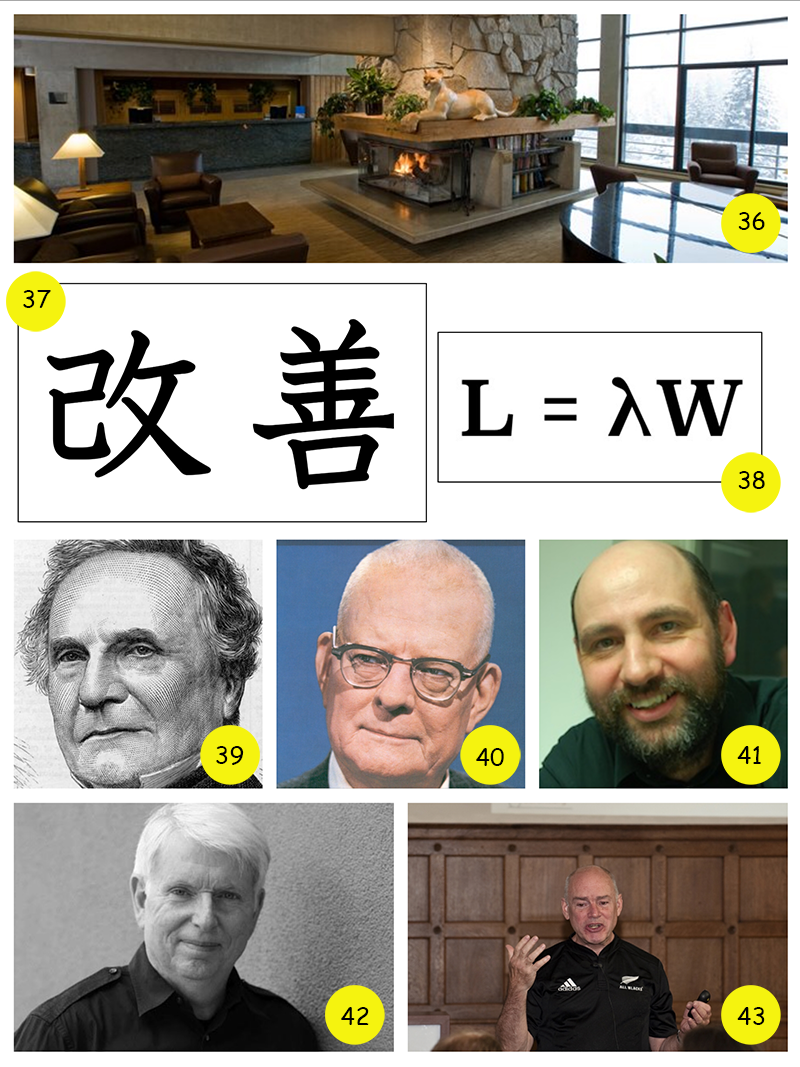For its first session of 2016, the London Agile Discussion Group ran a pub quiz around agile and lean. The teams did pretty well and it was a close fought battle.
The quiz caused a lot of interest so, due to popular demand, we’ve published a slightly cut-down version. No looking up the answers on Google!
Agile manifesto
1. Which one of these people was not one of the original signatories of the Agile Manifesto: Kent Beck, Alistair Cockburn, Martin Fowler, Mike Cohn, Andrew Hunt, Ron Jeffries, James Grenning, Ken Schwaber, Jeff Sutherland?
2. What date (month and year) was the agile manifesto signed?
Complete the sentences from the Agile Manifesto:
3. Deliver working software frequently, from a couple of weeks to a couple of months, with a preference to _________ .
4. The most efficient and effective method of conveying information to and within a development team is _______________.
5. ____________ is the primary measure of progress.
6. The best architectures, requirements, and designs emerge from__________.
7. Welcome changing requirements, even late in development. Agile processes harness change for the customer’s ____________ .
8. Build projects around _______ ________. Give them the environment and support they need, and trust them to get the job done.
Conferences
9. In which city was the 2015 European Scrum Alliance gathering held?
10. In which city was the 2015 US Scrum Alliance gathering held?
11. Which of these was a keynote speaker at Agile on the Beach 2014: Eben Upton (Raspberry Pi co-founder), Joe Rainsberger, Dan North, Liz Keogh, Tim Berners-Lee, Elon Musk?
12. Which organiser of a Cornwall-based conference bangs a drum about NoProjects?
13. Who wrote a talk entitled “red brick cancer” which used Lego to explain “resource efficiency” and “flow efficiency”?
14. Where was the Agile on the Bench conference held in 2015?
Writing
15. Match the book with the author:

16. Tell me the author and title of the book that features Alex Rogo, Jonah and a fat scout called Herbie?
17. Which book features Steve Masters, Wes Davis, Dick Landry at Parts Unlimited?
18. Which book written by James P. Womack, Daniel T. Jones, Daniel Roos, and Donna Sammons Carpenter (first published in 1990) describes the history of car manufacturing and the success of Toyota’s lean approach?
19. Which 2006 book ended with a case study of Bomb Shelter Studios creating a game called Havannah?
20. How big does the Scrum Guide recommend a team is?
21. What is the recommended max length of a sprint according to the Scrum Guide?
Acronyms/initialisms. What do the following stand for:
22. MVP?
23. WIP?
24. PBI?
25. CFD?
26. TDD?
27. DBR?
28. What does the letter N stand for in the INVEST acronym which explains what a good story should be?
Online
29. What hashtag are Woody Zuill, Vasco Duarte and Neil Killick associated with?
30. Who is the person behind Mountain Goat?
31. Who is the person behind Inspect & Adapt?
32. Who is @tastapod on Twitter?
33. Who is @asplake on Twitter?
34. Who is @lunivore on Twitter?
35. Who is @TotherAlistair on Twitter?
Who or what are these?

44. In their training session to help teams learn to slice stories thinly and vertically, which animal do Cockburn and Kniberg make into carpaccio?
45. What was described in 2009 as “… a second-generation, outside-in, pull-based, multiple-stakeholder, multiple-scale, high-automation, agile methodology. It describes a cycle of interactions with well-defined outputs, resulting in the delivery of working, tested software that matters.”
46. Mike Cohn has certainly made Planning Poker well known, but who first defined and named it in 2002?
47. Which location is associated with a forecasting technique which simulates the probability of certain outcomes by running 1000s of iterations?
48. The 12th-Century Italian mathematician Leonardo Bonacci is better known by what name?
49. What model is accredited to Winston W. Royce, following a critical description in a 1970 article, despite the article not using the term?
50. Who said “Anyone who has lost track of time when using a computer knows the propensity to dream, the urge to make dreams come true and the tendency to miss lunch.”? Was it Tim Cook, Stephen Hawking, Bill Gates, Steve Jobs or Tim Berners-Lee?
The answers will be published in the comments later in the week

Ha ha ha
You have a good blog to read and the comparison of Scrum and Kanban are the offspring of the agile methodology. The two methods may have different approaches, but are both rooted in the agile philosophy of software development. My thought here is Scrum is the best model so far. We love the interaction part. I found similar articles on Kanban, would suggest you to go through this http://www.scrumstudy.com/scrum-principles.asp I hope you will find the best comparison as well.
How well did you do? Here are the answers:
Agile manifesto
1. Mike Cohn
2. February 2001
3. the shorter timescale.
4. face-to-face conversation
5. Working software
6. self-organizing teams
7. competitive advantage
8. motivated individuals
Conferences
9. Prague
10. Phoenix
11. Joe Rainsberger
12. Allan Kelly
13. Hakan Forss
14. Debden campsite
Writing
15. Henrik Kniberg == Scrum and XP from the Trenches
Paul Goddard == Improv-ing Agile Teams: Using Constraints To Unlock Creativity
Douglas Hubbard == How to Measure Anything: Finding the Value of Intangibles in Business
Dan Vacanti == Actionable Agile Metrics for Predictability
Geoff Watts & Kim Morgan == The Coach’s Casebook: Mastering The Twelve Traits That Trap Us
16. Eli Goldratt’s The Goal
17. Phoenix Project
18. The Machine that changed the world.
19. Mike Cohn’s Agile estimating and planning
20. 7 +/- 2
21. One calendar month
Acronyms: what do the following stand for:
22. Minimum Viable Product
23. Work-in-progress
24. Product Backlog Item
25. Cumulative Flow Diagram
26. Test-Driven Development
27. Drum Buffer Rope
28. Negotiable
Online
29. #NoEstimates
30. Mike Cohn
31. Geoff Watts
32. Dan North
33. Mike Burrows
34. Liz Keogh
35. Alistair Cockburn
Who or what are these?
36. The Lodge at Snowbird ski resort
37. Kaizen
38. Little’s Law
39. Charles Babbage
40. W. Edwards Deming
41. Martin Fowler
42. Jeff Sutherland
43. Ken Schwaber
44. Elephant
45. BDD
46. James Grenning
47. Monte Carlo
48. Fibonacci
49. Waterfall
50. Tim Berners-Lee